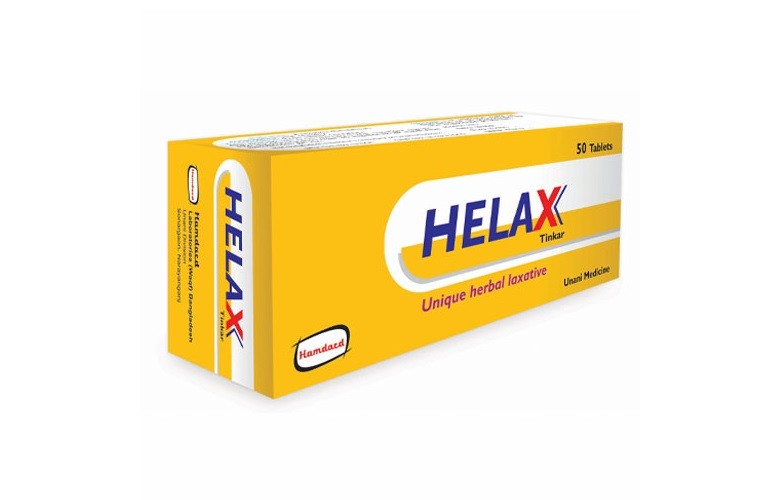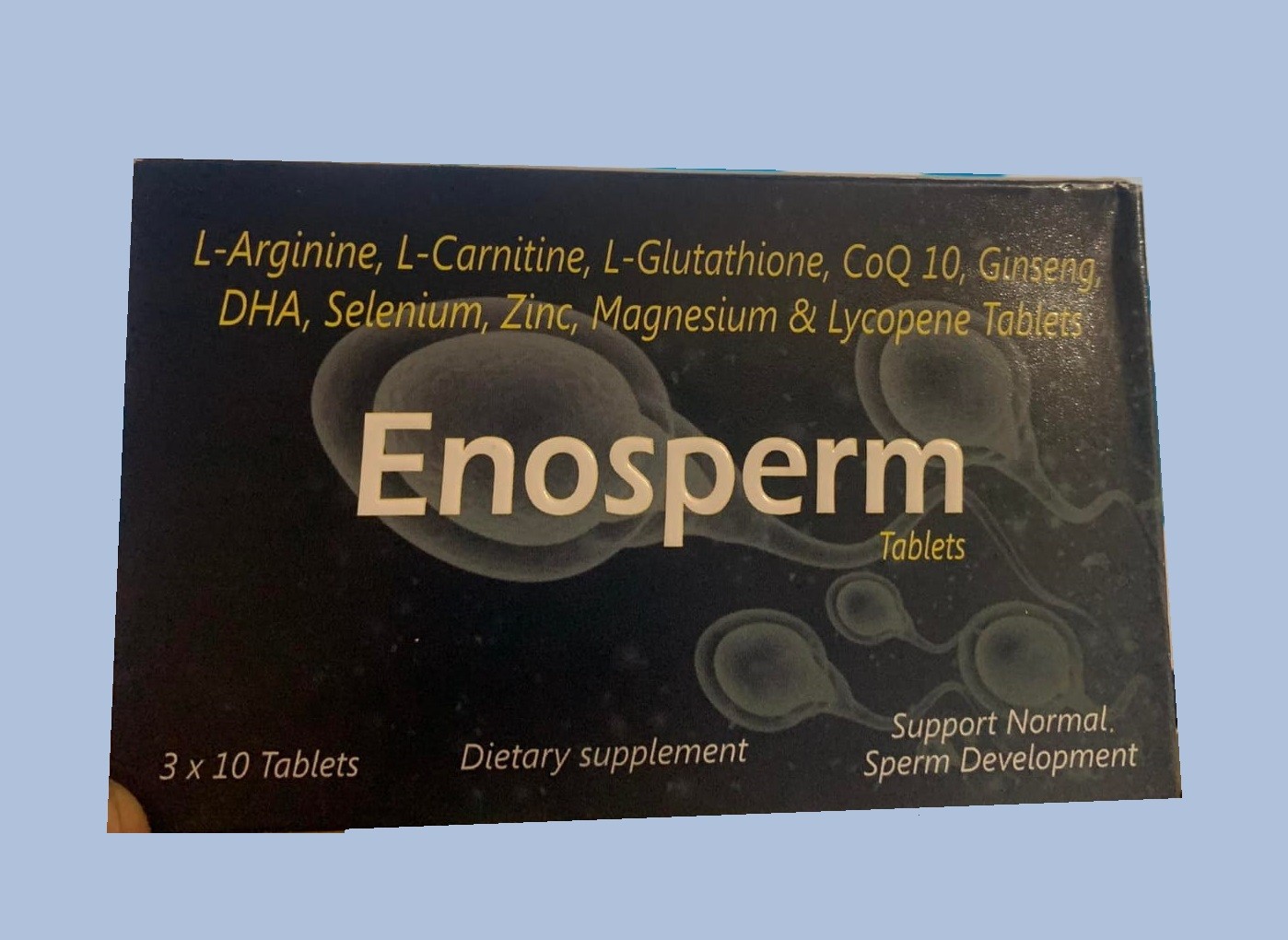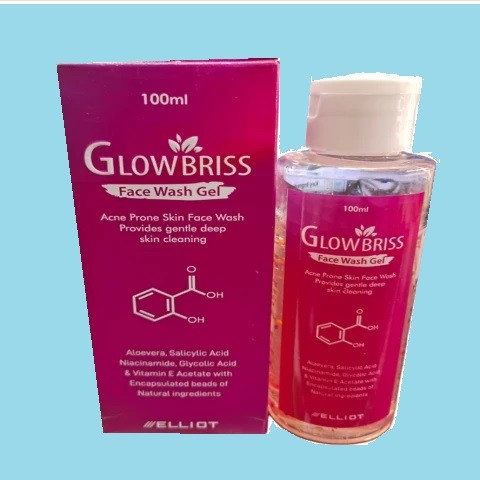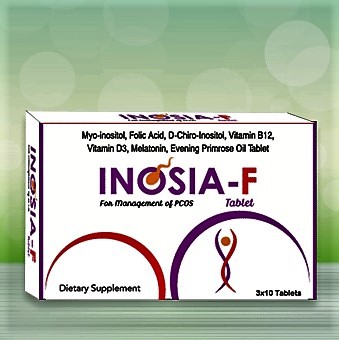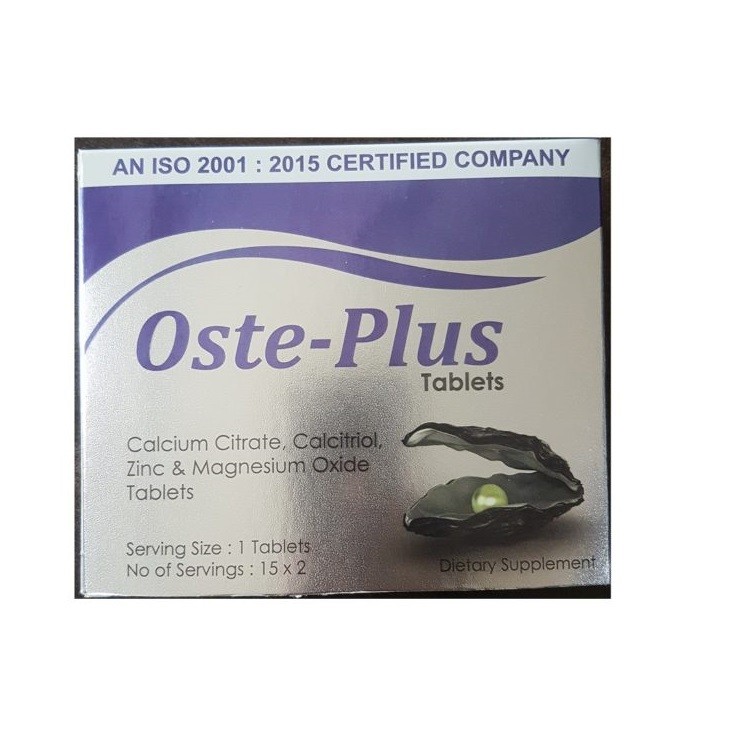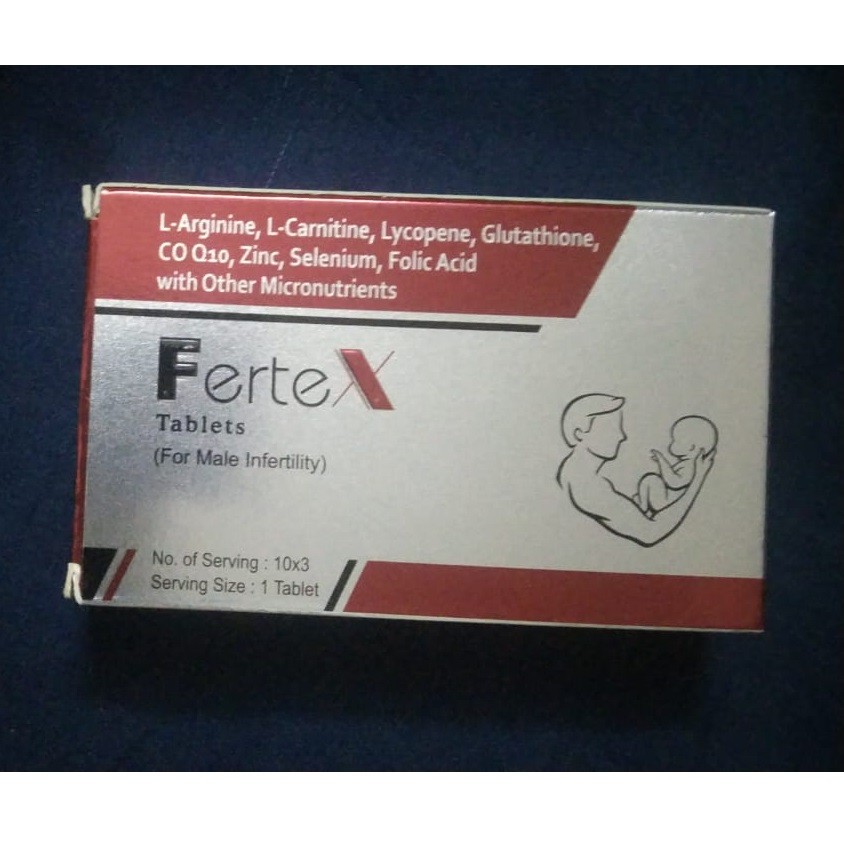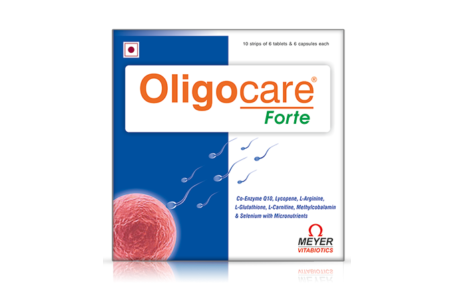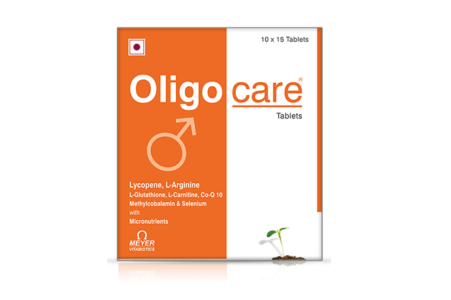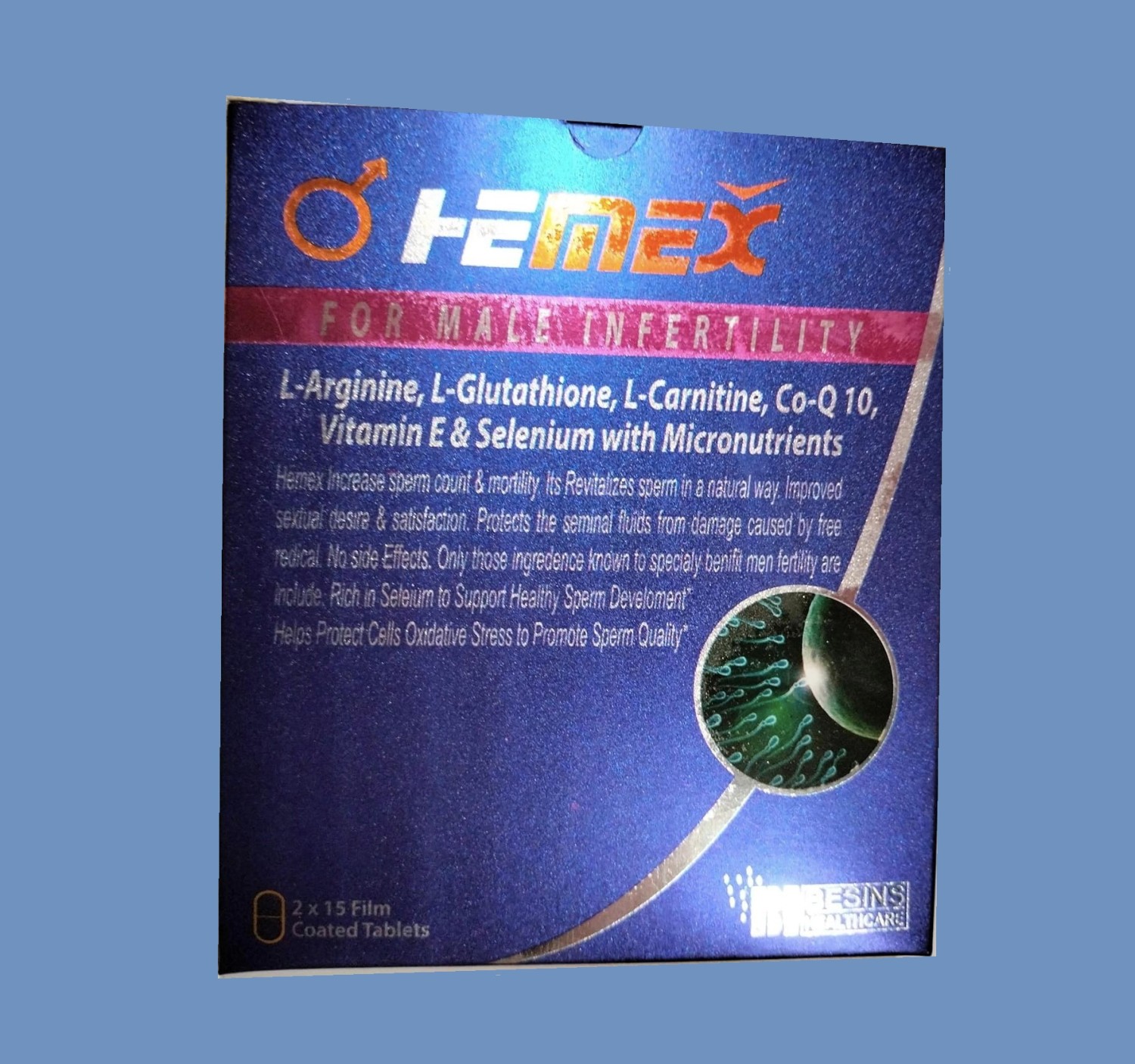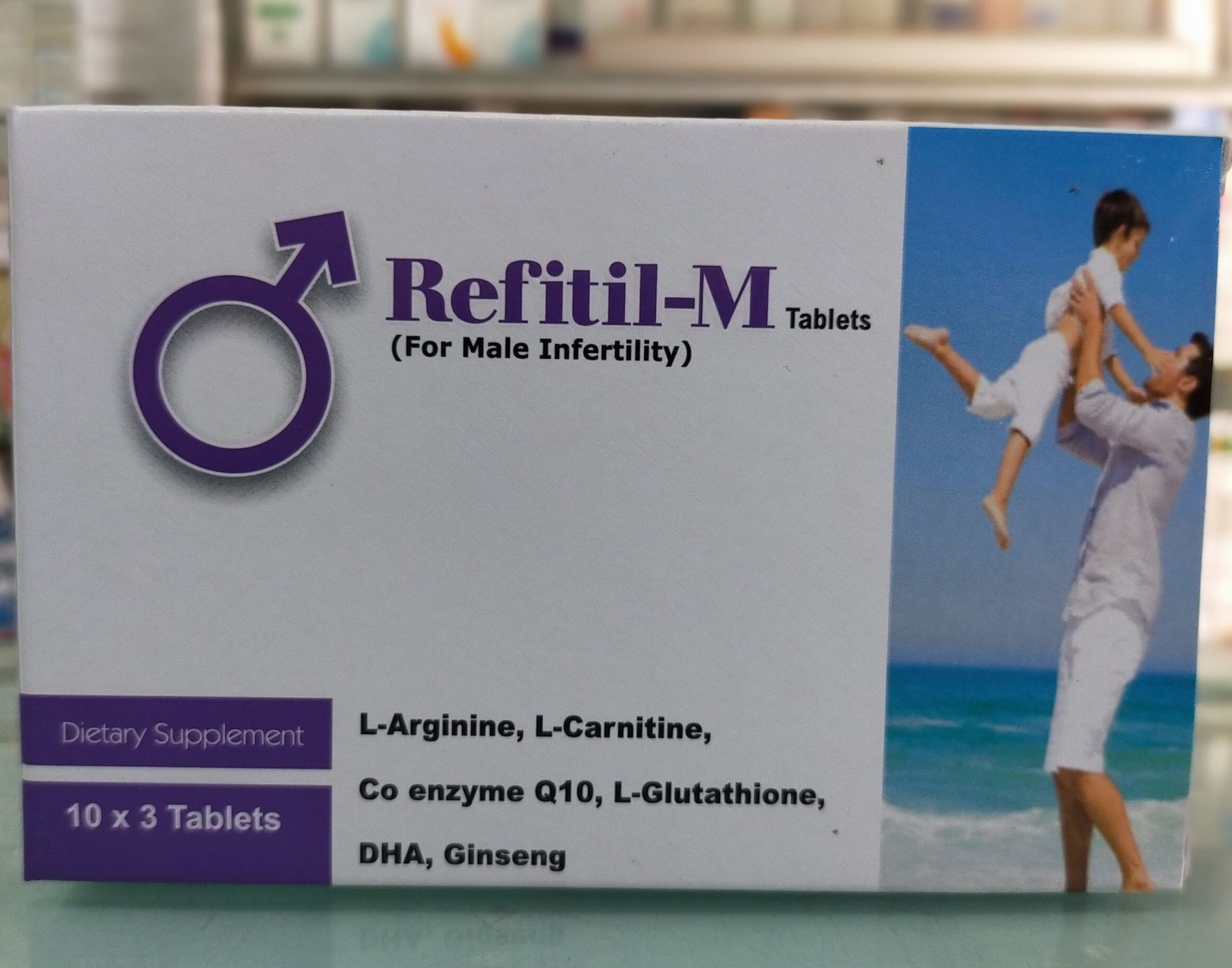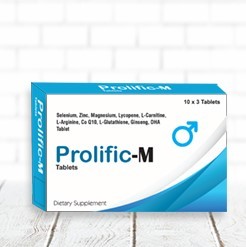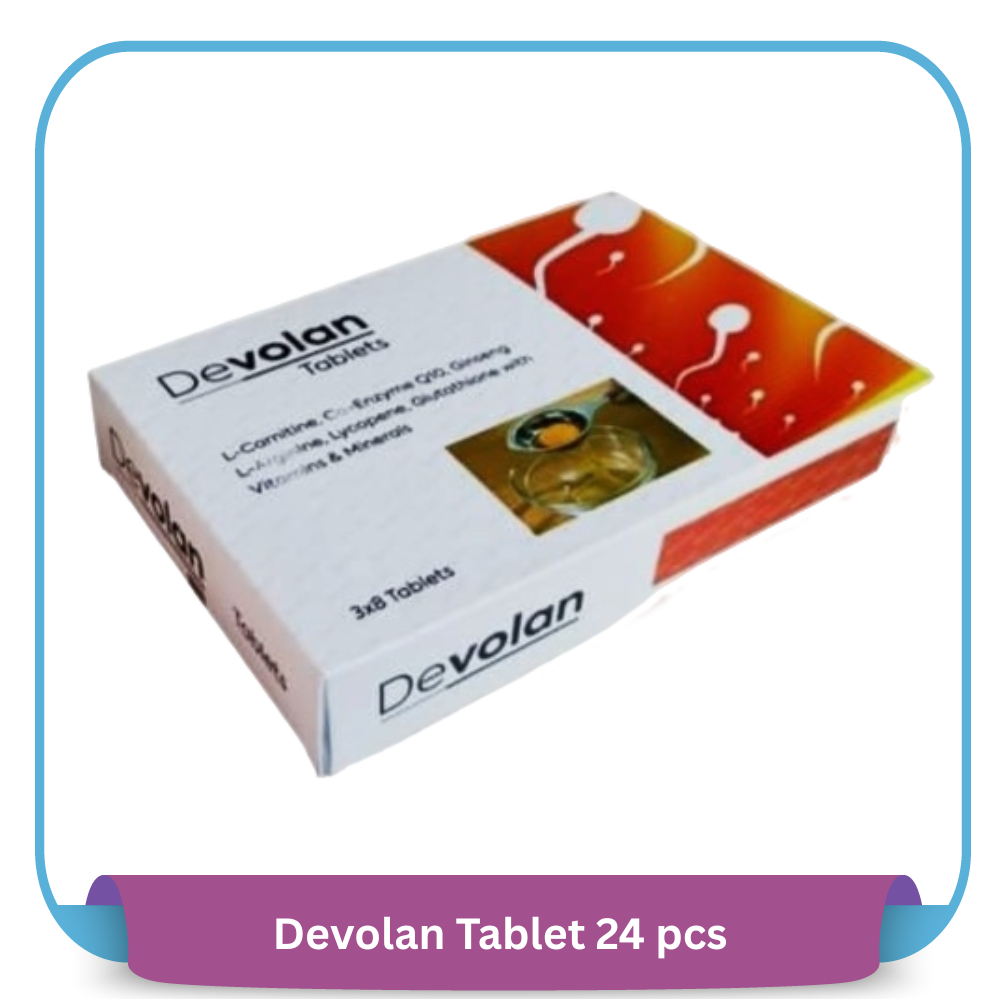

Devolan Tablet 24 pcs
+88 01336 242 801
-
Helax Tabler 50's pack
৳144.00 -
Enosperm Tablet 30 pcs
৳1,620.00 -
Glow Briss Face Wash 100 ml
৳1,081.00 -
Inosia-F Tablet 30 pcs
৳1,757.80 -
OSTE-Plus Tablet 30's pack
৳653.30
Lycopene, L-Carnitine, Glutathione
Benefits
Lycopene, L-carnitine, and glutathione are
powerful antioxidants that protect the body from cellular damage. Found
individually in foods, they are also sold together in nutritional supplements,
particularly those supporting men's reproductive health and cardiovascular
health.
Lycopene benefits
Lycopene is a carotenoid—a pigment that gives many red and pink
fruits and vegetables their color.
Heart
health: Lycopene's antioxidant properties may help lower the risk of heart
disease by reducing "bad" (LDL) cholesterol and blood pressure,
particularly in those with existing cardiovascular issues.
Cancer
prevention: Observational studies suggest that high lycopene intake is
linked to a lower risk of prostate cancer. However, more research is needed to
confirm that lycopene is the direct cause of this effect.
Skin
protection: Lycopene may offer some defense against sunburn and UV ray
damage. It should not be used as a replacement for sunscreen.
Bone
strength: Some research suggests that lycopene may help improve bone
density and decrease the breakdown of bone tissue.
Food
sources: Excellent dietary sources of lycopene include tomatoes,
watermelon, pink grapefruit, and papaya.
L-carnitine benefits
L-carnitine is an amino acid derivative that helps the body turn
fat into energy. While the body produces it naturally, it is also available as
a supplement.
Cellular
energy: L-carnitine helps transport fatty acids into the mitochondria,
which burn them for fuel. This makes it beneficial for supporting energy
production.
Heart
health: Some studies show that L-carnitine may improve outcomes for
patients recovering from a heart attack, reduce angina symptoms, and lower
blood pressure.
Male
fertility: Research indicates that L-carnitine supplementation can improve
sperm motility, count, and overall health.
Weight loss: A
meta-analysis found that L-carnitine supplementation resulted in greater weight
loss, but more large-scale studies are needed to determine its long-term
effectiveness.
Food
sources: L-carnitine is found primarily in animal products like red meat,
poultry, and dairy.
Glutathione benefits
Often called the "master antioxidant," glutathione is
a molecule composed of three amino acids. It is produced by the liver and is
vital for detoxification and immune function.
Antioxidant
defense: Glutathione protects the body's cells and DNA from oxidative
stress caused by free radicals. Maintaining healthy levels is crucial for
preventing chronic disease and cellular aging.
Detoxification: It
plays a major role in liver health by helping to eliminate toxins from the
body, including heavy metals, pesticides, and pollutants.
Immune
function: By protecting immune cells from oxidative damage, glutathione
helps regulate and strengthen the immune system.
Skin
health: In addition to neutralizing free radicals that contribute to
aging, glutathione can reduce melanin production, which may result in a
skin-lightening effect.
Reduced
effectiveness as a supplement: The body's absorption of oral glutathione
supplements is generally poor due to enzymatic breakdown in the gut. The most
effective ways to boost levels are through dietary changes, exercise, or, in
some cases, intravenous administration under medical supervision.
Safety and considerations
While these supplements can be beneficial, it is important to be
aware of safety information.
Consult a
doctor: You should always consult with a healthcare provider before taking
these supplements, especially if you are pregnant, breastfeeding, have a
pre-existing medical condition, or take other medications.
Supplements vs.
food: Nutrients from whole foods are often more bioavailable than supplements.
Your body may also absorb nutrients more effectively from food sources.
Side
effects: Mild side effects are possible with supplements and can include
digestive issues. High doses of L-carnitine may also cause a fishy body odor.
Interactions and
risks:
Lycopene: May
slow blood clotting. Stop taking it at least two weeks before any scheduled
surgery.
L-Carnitine: High
doses can worsen muscle weakness in people with chronic kidney disease and
increase the risk of seizures.
Glutathione: Asthmatics
should avoid inhaled glutathione, as it can cause bronchospasms. Intravenous
glutathione treatments carry more significant risks and are controversial.
